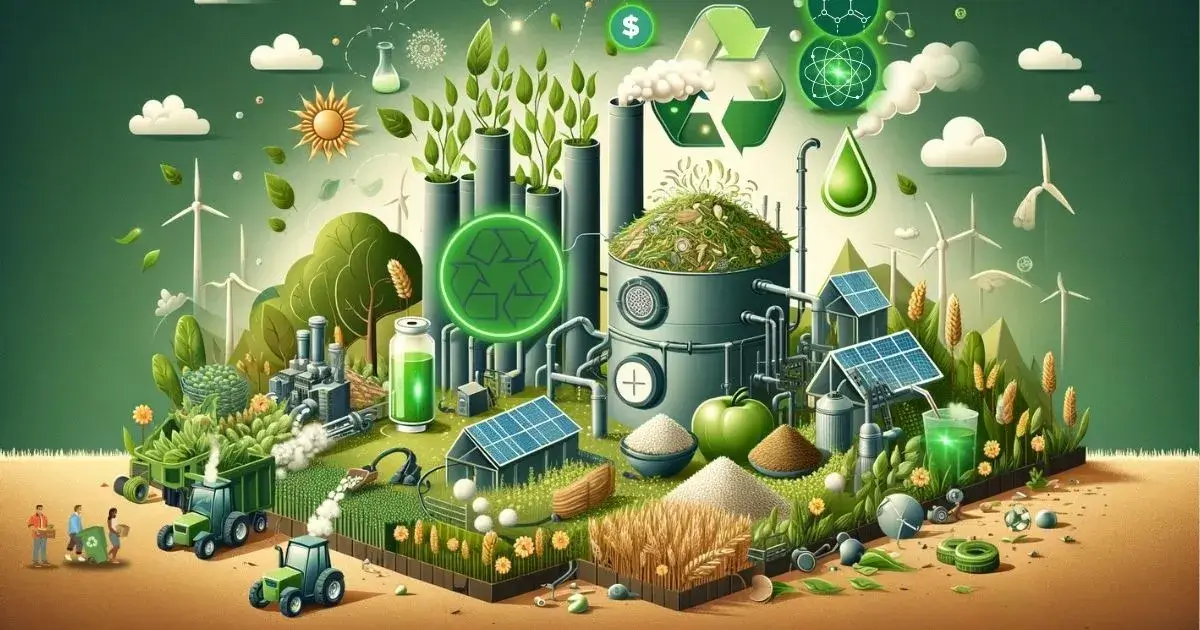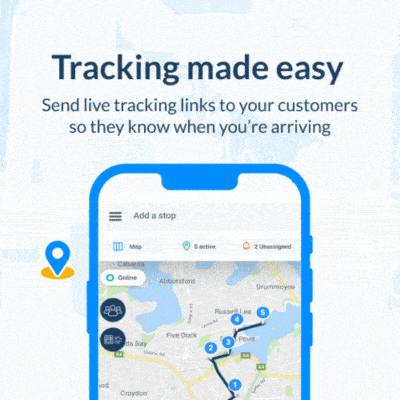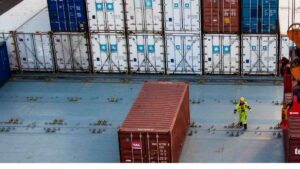In 2024, ‘sustainability’ isn’t just a buzzword anymore; it’s a critical pillar for businesses worldwide. Consumers are more aware of eco-friendly initiatives these days, and they demand transparency and action from the brands they support.
Why the urgency? Recent insights published by S&P Global show that the world’s gross domestic product (GDP) could take a knock if global warming isn’t kept below 2 degrees Celsius. By 2050, up to 4.4% of the global GDP could be lost every year.
How could companies bring their strategies in line with the shift towards a greener future?
Sustainability trends in 2024
Based on recent studies (mentioned below), these are some of the biggest trends for the year ahead:
- Goodbye, greenwashing; hello, transparency.
- Simplifying choices for customers.
- Rethinking retail returns.
These trends mark a pivotal transformation, especially during a time when sustainability is becoming an indispensable part of business operations.
1. No more greenwashing
The term ‘greenwashing’ – also known as green sheen – has been around since the 1980s. It is a practice where businesses lie to win over consumers and investors. In most cases, it involves marketing a product or service as being environmentally-friendly when it’s not.
Consumers, however, are more green-savvy than ever before. In fact, a study by Stuart highlights this shift in consumer priorities. It found that one in four consumers would switch brands if it wasn’t prioritizing sustainability.
While 67% of consumers strived towards carbon offsetting, 41% said they were willing to wait longer for sustainable delivery.
ALSO READ: Four sustainable delivery practices to transform retail
2. Rethinking retail returns
Parcel returns are a huge issue. It’s costing UK retailers a whopping $76 billion (£60 billion) per year. These are usually unwanted gifts received during the Christmas-New Year period. Moreover, 81% of online stores were “very concerned” by increasing levels of returns.
According to Statista, the cost of returns skyrocketed from $428 billion in 2020 to $816 billion in 2022. This was an increase of 7% when compared to 2021.
It’s clear that streamlining returns is vital for a company’s financial standing, and many brands already know it. Data published by Post & Parcel show that 75% of merchants say improving returns was a “high priority” for them while 84% believed their returns policy was “good or very good.”
ALSO READ: 75% of merchants prioritize better returns
3. Simplifying sustainable choices for customers
Customers are likely to stick with a brand if their user experience makes it easier for them to make sustainable choices.
This can be done by highlighting eco-friendly products in online stores, either by creating a special section on the website, or including it as a filter option.
Other methods include:
- Package optimization: Provide recyclable and biodegradable packaging options.
- Consolidated deliveries: Group orders together to minimize trips.
- Educate through content: Share sustainability tips with your customers.
- Personalization for sustainability: Use algorithms or AI to identify and recommend eco-friendly products based on a shoppers order history.
- Promote bulk buying and subscriptions: Encourage bulk buying to reduce delivery frequency.
About the author
Cheryl has contributed to various international publications, with a fervor for data and technology. She explores the intersection of emerging tech trends with logistics, focusing on how digital innovations are reshaping industries on a global scale. When she's not dissecting the latest developments in AI-driven innovation and digital solutions, Cheryl can be found gaming, kickboxing, or navigating the novel niches of consumer gadgetry.














